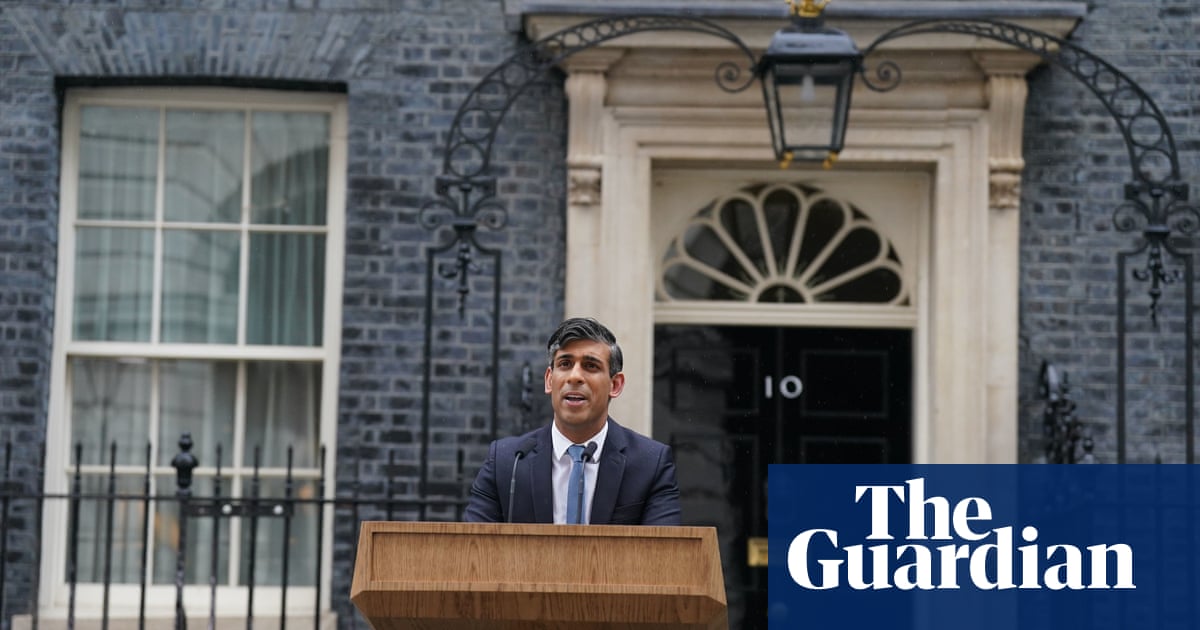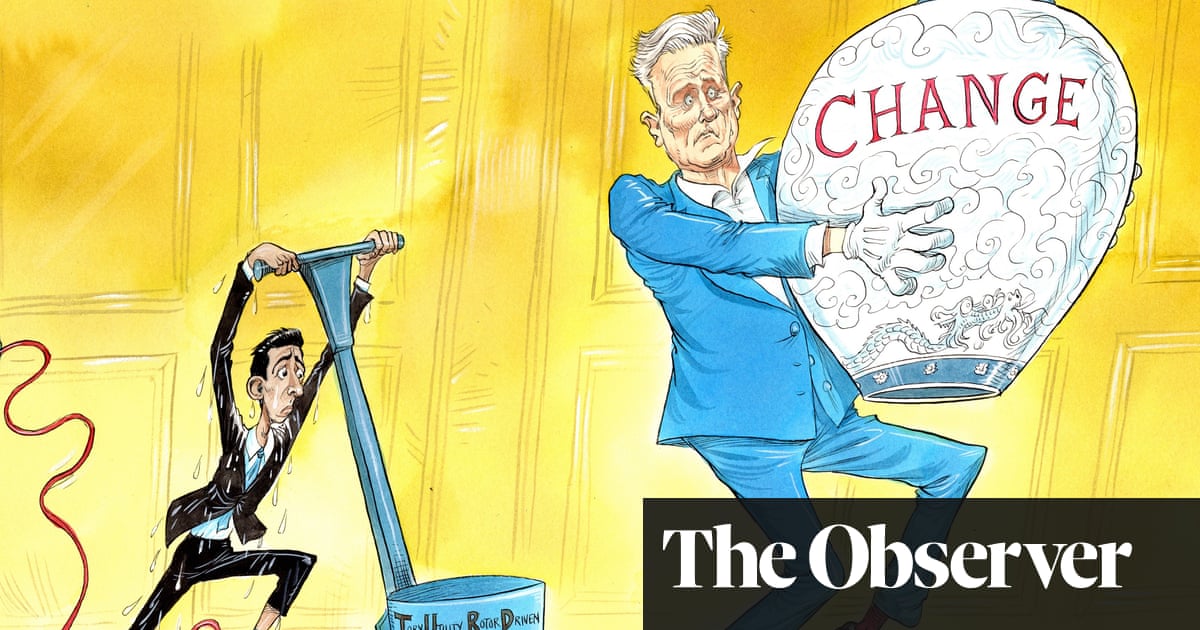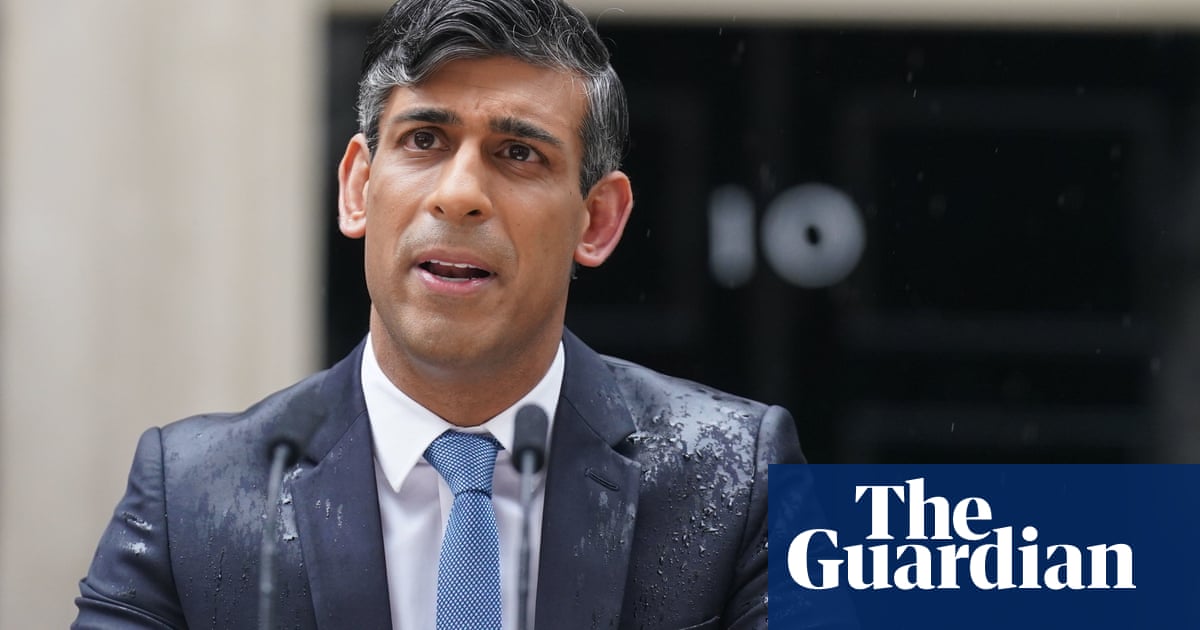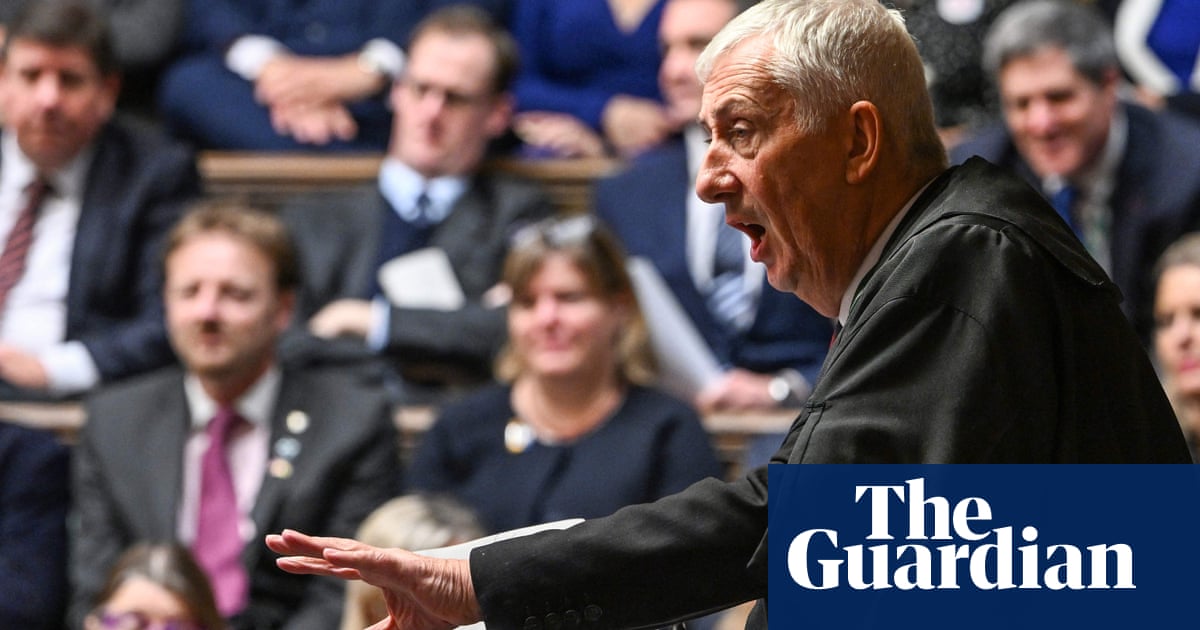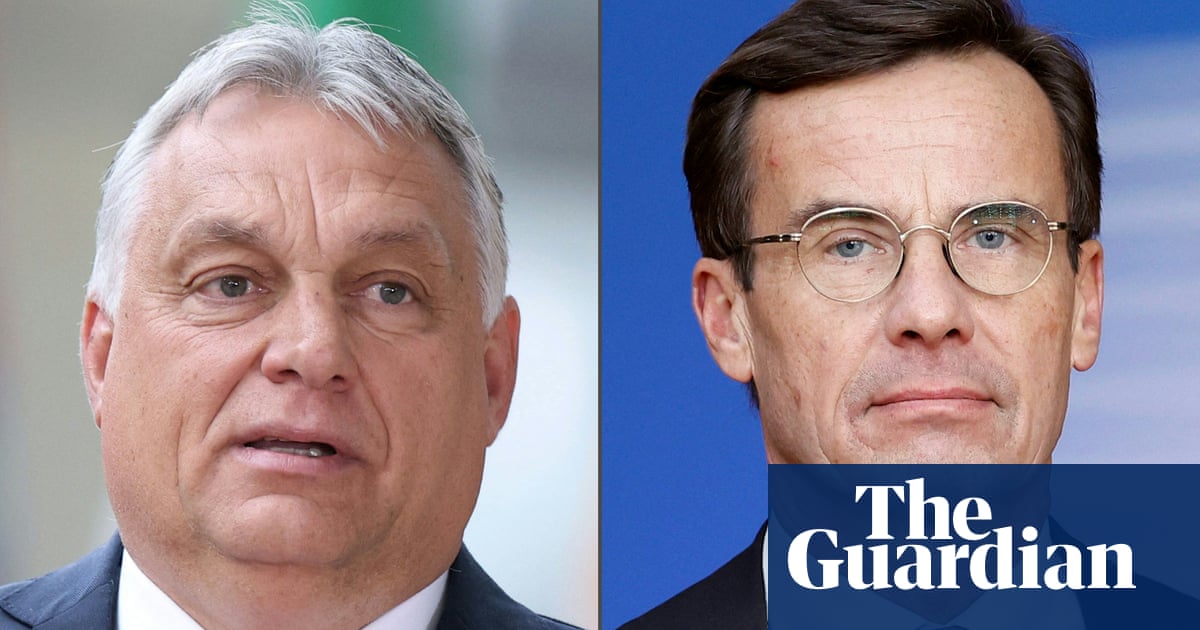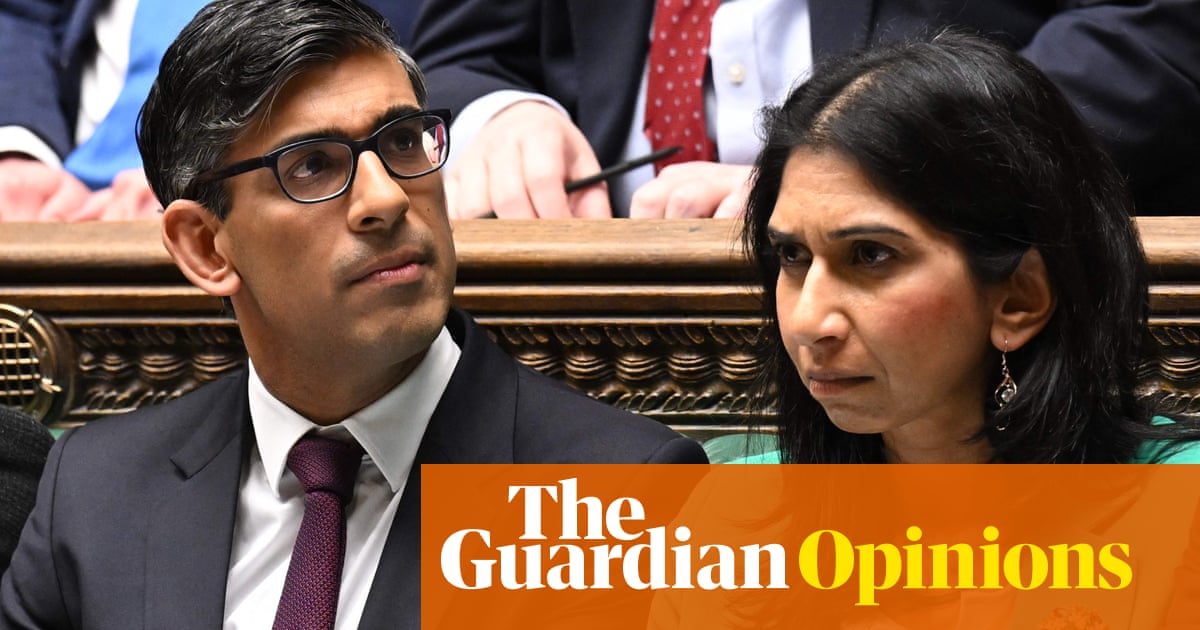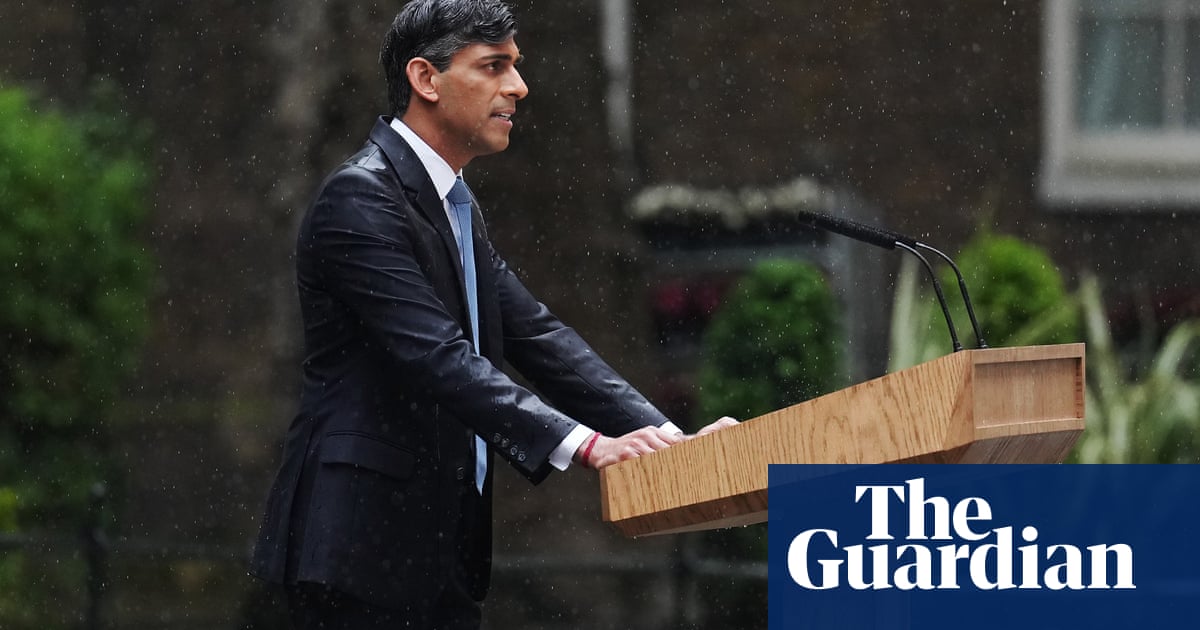
When will the general election take place?
Rishi Sunak has called a UK general election for 4 July – a Thursday as is traditional. This is just inside the second half of the year, as he promised. However, the timing is not ideal for voters in some parts of the country, including Scotland and Northern Ireland, where school holidays will have already started and many people may be away.
Why is he calling it now?
The prime minister has been saying for some weeks that there was evidence that the economy was improving. In his speech outside No 10, Sunak said the government had “reached two major milestones” of reducing inflation and growing the economy faster than other G7 countries.
However, the opposition is likely to argue he is calling one now because the economy is stalling, and things are unlikely to look better for the Conservatives in the autumn – with small boat crossings expected to continue despite any deportation flights taking off to Rwanda, and very limited room for tax cuts.
What happens next?
Rishi Sunak has been granted permission from the king for the dissolution of parliament. The ability to call elections returned to royal prerogative after the period from 2011 to 2022 when MPs could vote on calling an early election outside a fixed five-year parliamentary term.
What happens to parliament?
There are usually several days after an election is called and parliament is dissolved, or prorogued before dissolution. Sunak said parliament would end on 30 May. Any last bits of legislation will have to be passed in the coming days, with bills that do not make it being abandoned as they cannot be carried over.
What happens to MPs?
After parliament is dissolved, MPs will return to their constituencies to begin campaigning: they will no longer be MPs but parliamentary candidates. However, government ministers still hold their posts and responsibilities. Government activity is restricted, though, during the campaign, so that public money is not spent on political purposes.
How long will the campaign be?
For the next six or so weeks, Sunak, Keir Starmer, the Labour leader, Ed Davey, the Lib Dem leader, Richard Tice, the Reform leader, Carla Denyer and Adrian Ramsay, the Green party leaders, and others will tour the UK to make their case to be the UK’s next prime minister. They are likely to hold political rallies, climb aboard battlebuses, and give dozens of stump speeches.
When will the manifestos be launched?
The parties tend to publish their document setting out their policies about three to four weeks before polling day, to ensure they are fresh in voters’ minds.
Will there be TV debates?
Sunak and Starmer are expected to go head to head but they are likely to want to squeeze out the smaller parties and make it a two-way contest. In previous years, the Tories and Labour have sent deputies in their place when other parties are involved.
What happens on polling day?
The polls open at 7am and close at 10pm. At the close an exit poll is published, which tends to correctly predict the result. The results from each constituency start to emerge throughout the night. By morning, it is usually clear who the winner is, with the prime minister either resigning or staying in office.




